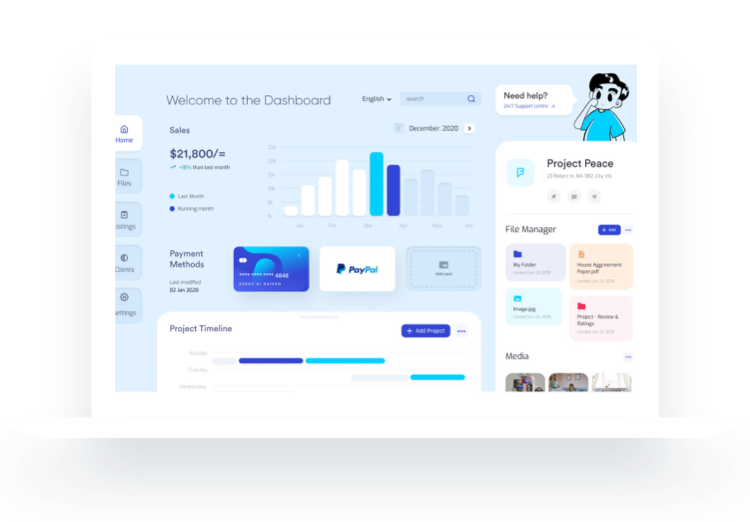

Stock Code
02556.HK
 Ask AI-Agentforce anything
Ask AI-Agentforce anything
-
Connect me with a sales rep
-
Show me an AI-Agentforce demo
-
How can Marketingforce help my business
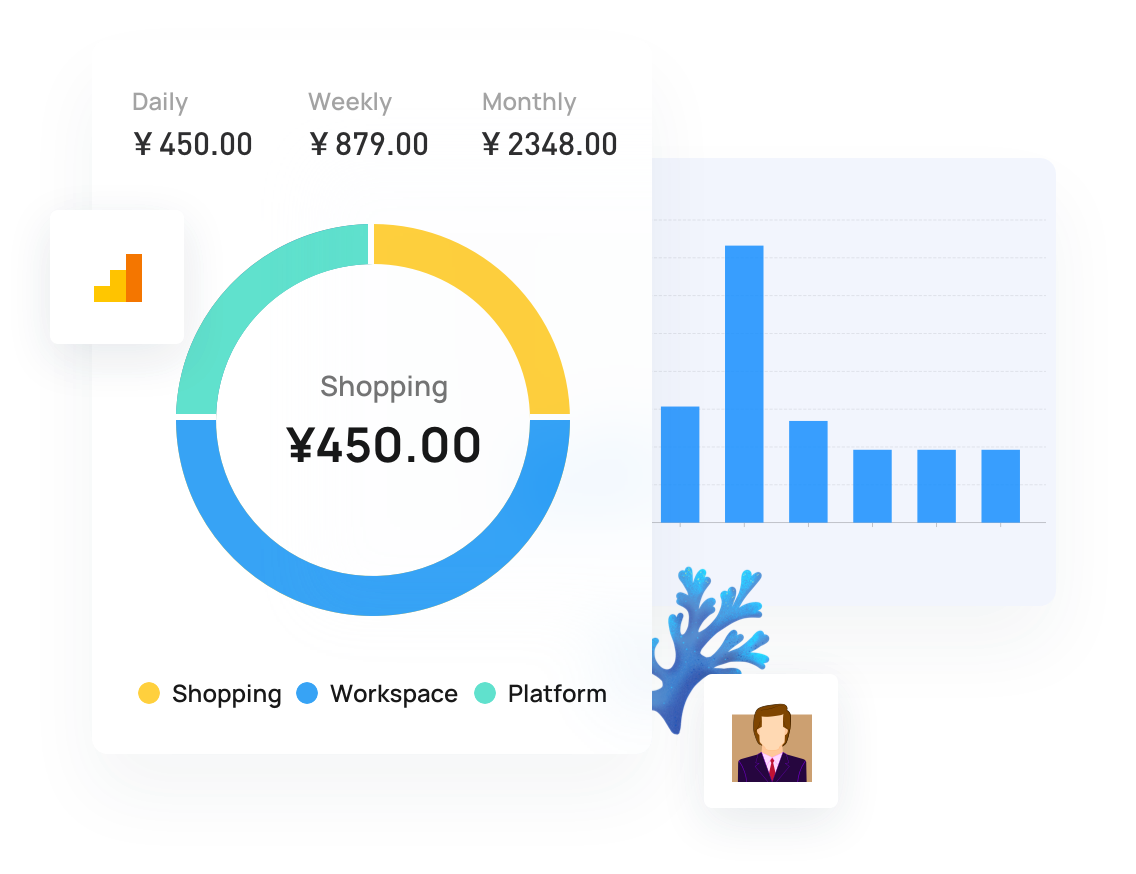
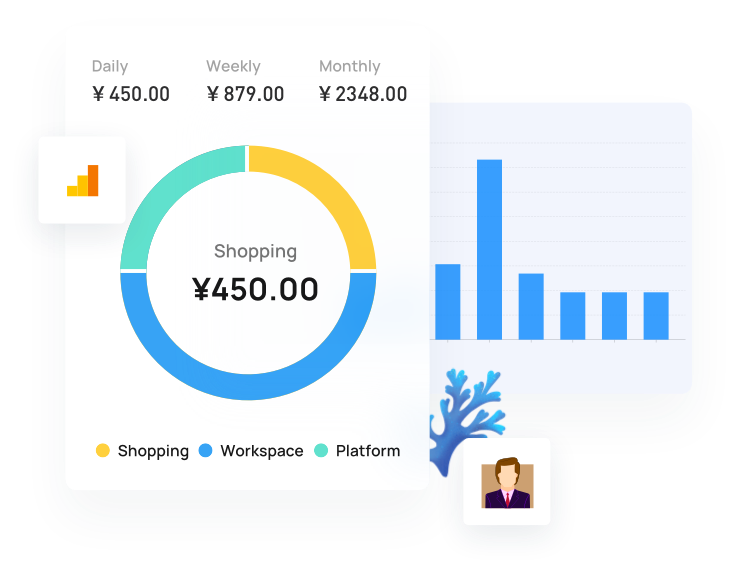
Sales & Marketing Analysis
• Customers can leverage BI systems to track sales data, providing real-time views of product revenues, regional distribution, and channel performance. This helps pinpoint areas of strength or weakness among product lines or geographic markets.
• Through in-depth analysis of customer purchase behavior data, BI systems reveal consumer preferences, shopping habits, and lifetime values, guiding tailored promotional strategies and product recommendations.
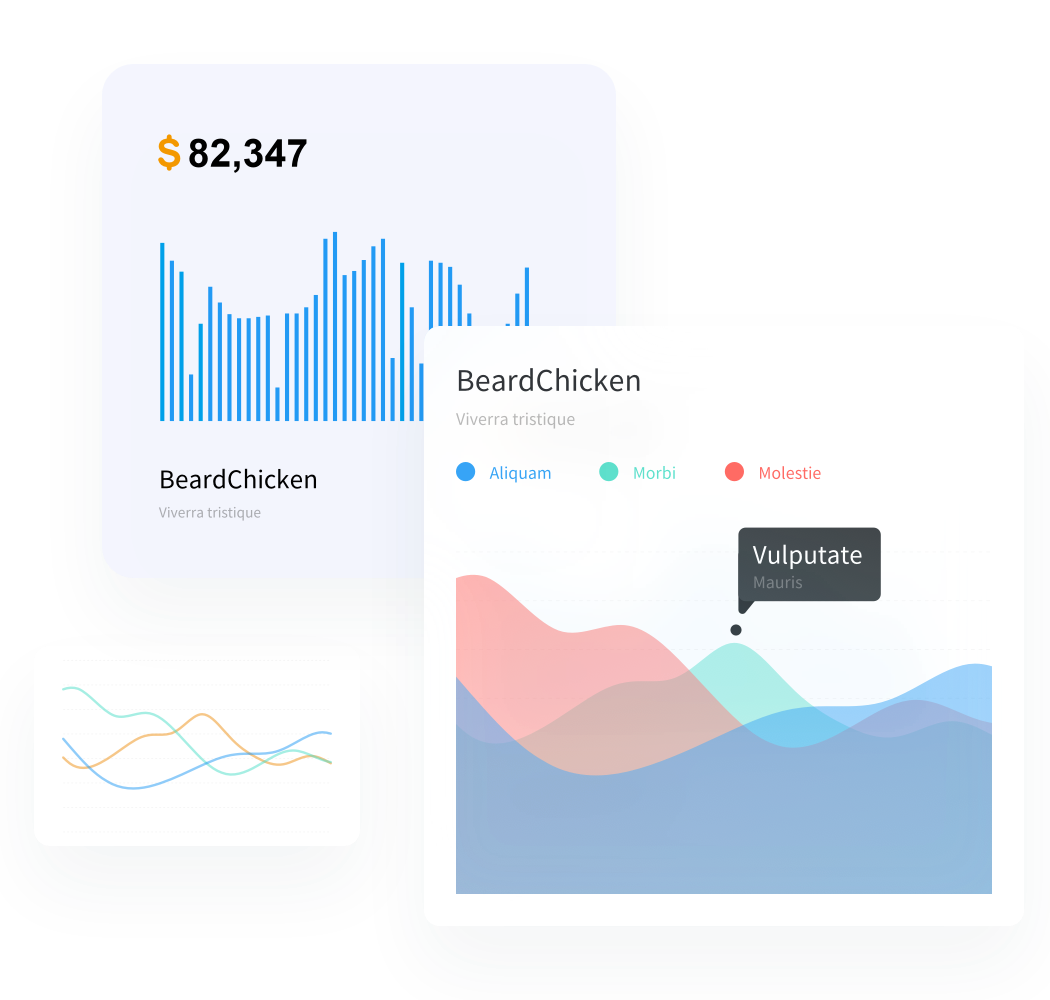
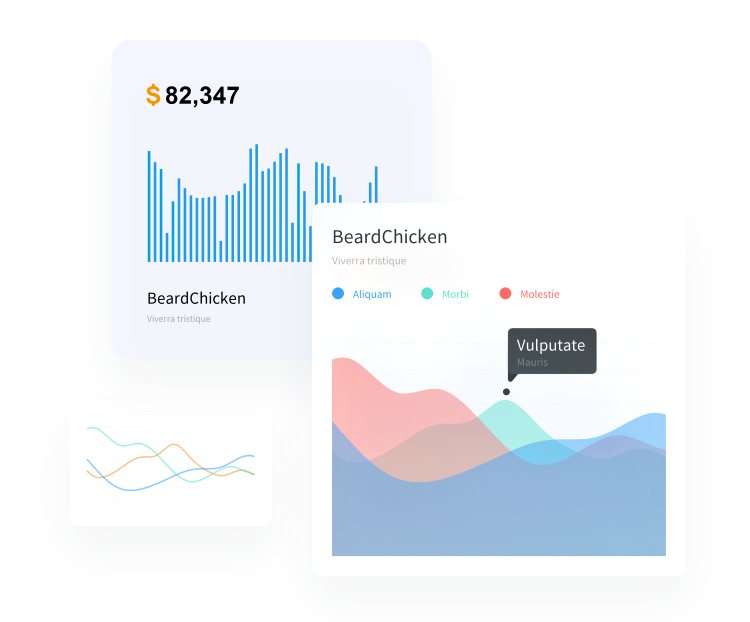
Supply Chain Optimization
• Connecting procurement, inventory, and logistics segments, BI systems offer live metrics such as stock levels, material turnover rates, and supplier performance. They assist businesses in monitoring supply chain efficiency, preventing stockouts or overstocking, and reducing operational costs.
• By analyzing factors like raw material price fluctuations and shifts in market demand, BI systems help companies make optimal purchasing decisions, ensuring supply chain flexibility and stability.
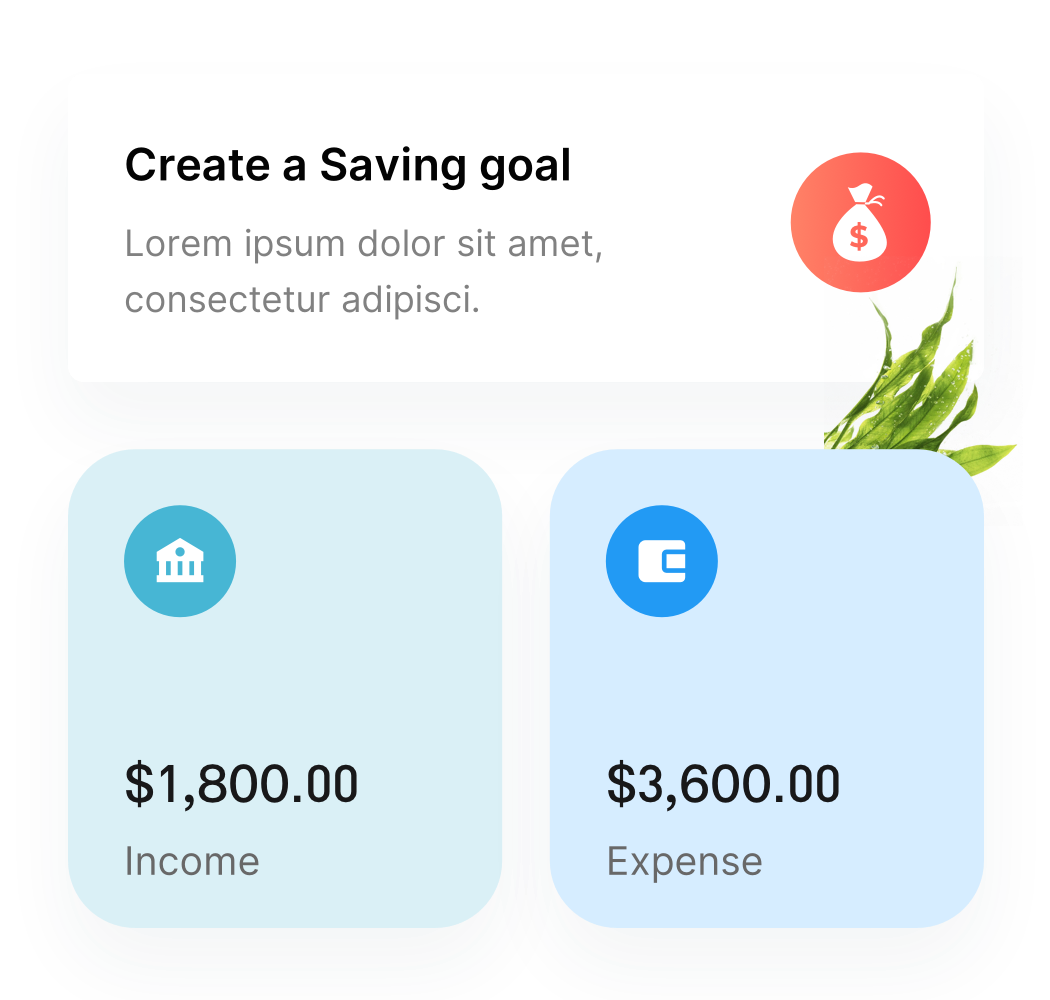
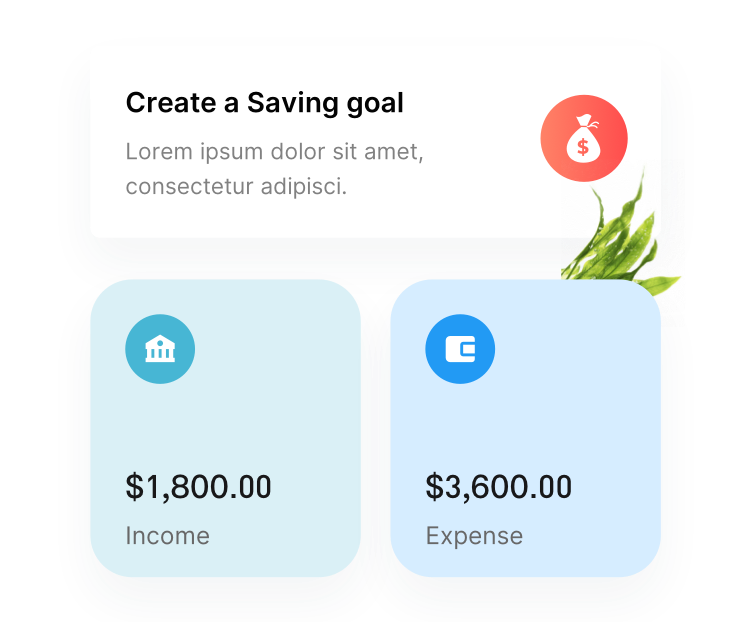
Financial Analysis & Budget Control
• BI systems consolidate financial data in real-time, presenting reports on cash flow, profit analysis, and cost center performance, enabling finance departments to promptly identify profit drivers and loss points, and tightly manage budget execution.
• Using BI's predictive capabilities, businesses can forecast potential financial risks and adjust financial strategies based on historical and trend data, achieving optimal resource allocation.
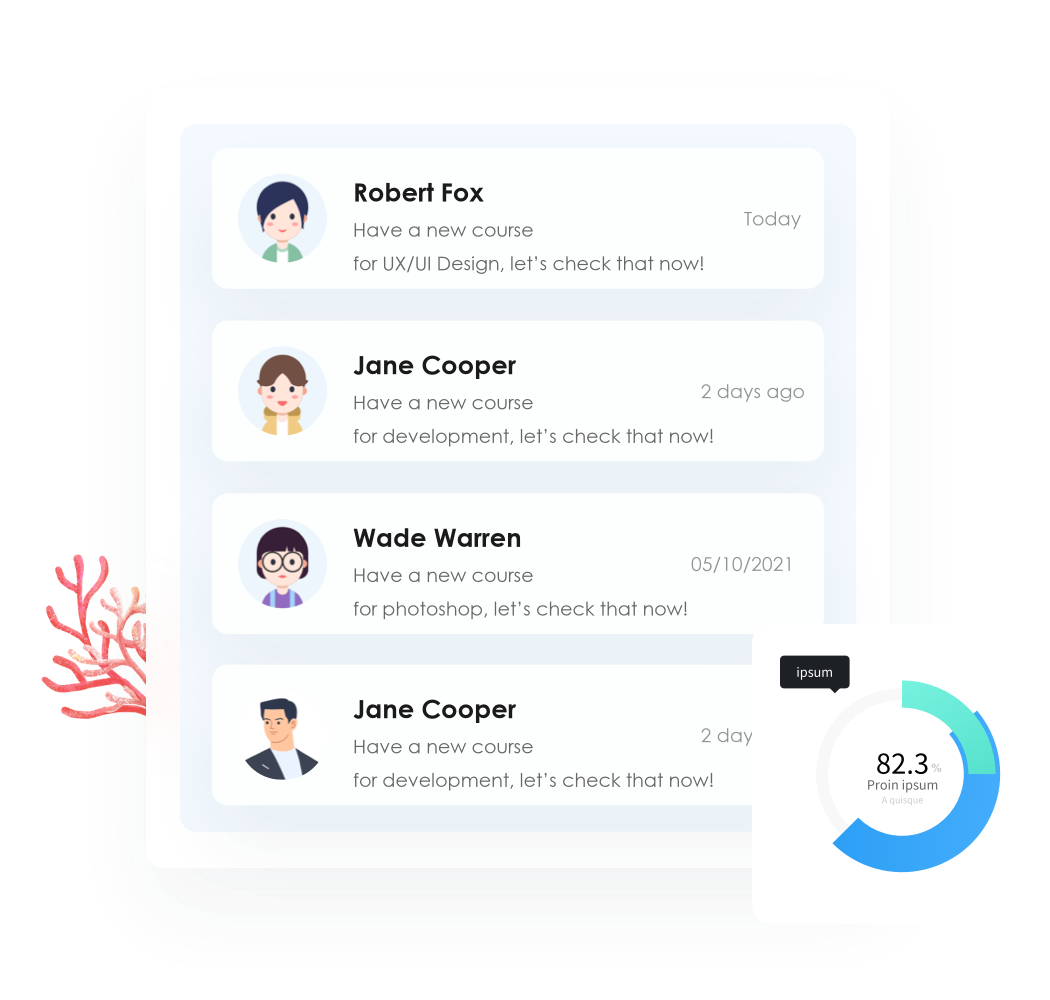
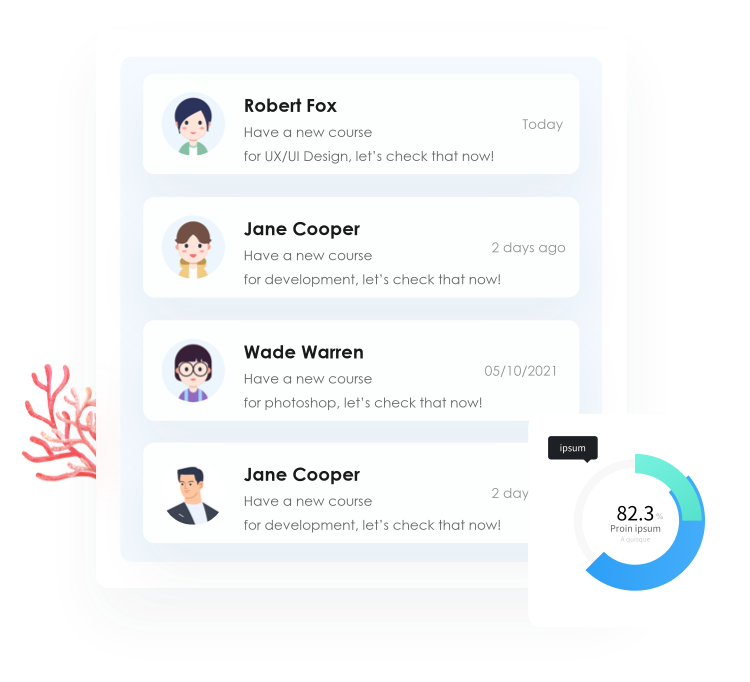
Human Resource Management
• BI systems consolidate employee data, performance metrics, and attrition rates, helping organizations understand reasons behind talent turnover, assess recruitment effectiveness, and refine compensation structures and incentive mechanisms.
• By analyzing employee workload and skillset matching indicators, BI systems can assist management in developing training plans and career paths, enhancing overall organizational effectiveness.
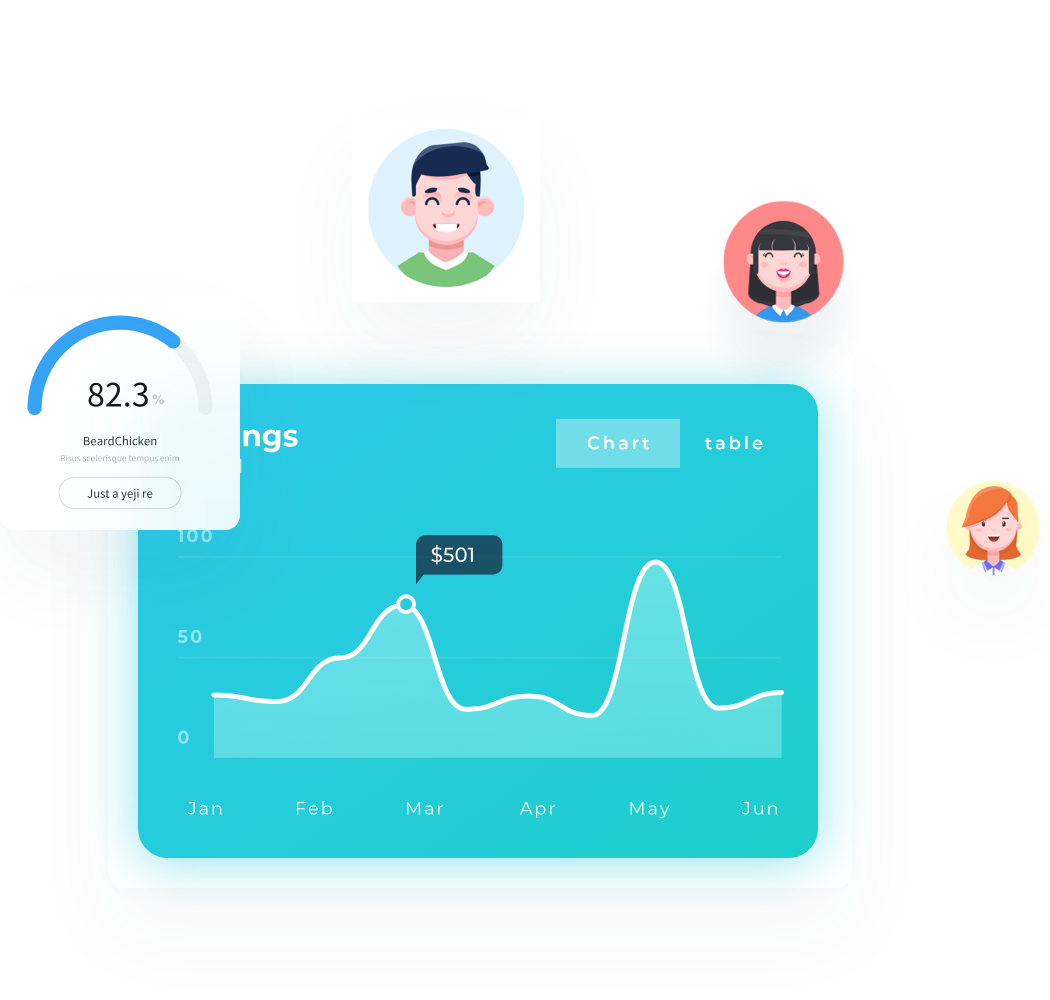
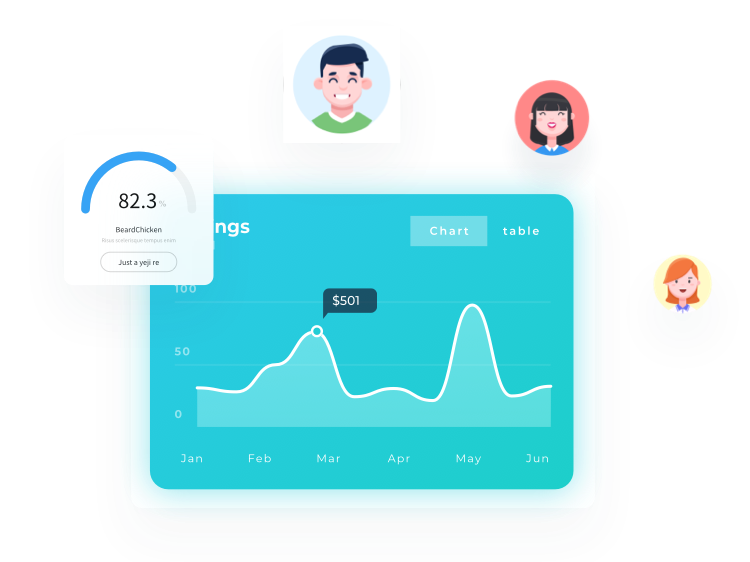
Customer Service & Satisfaction Improvement
• Integrating customer feedback, complaint records, and service interaction data, BI systems quantify customer service quality and satisfaction levels, identifying bottlenecks and areas for improvement.
• Analyzing customer engagement data, BI systems can guide personalized customer service strategies, boosting customer loyalty and brand reputation.
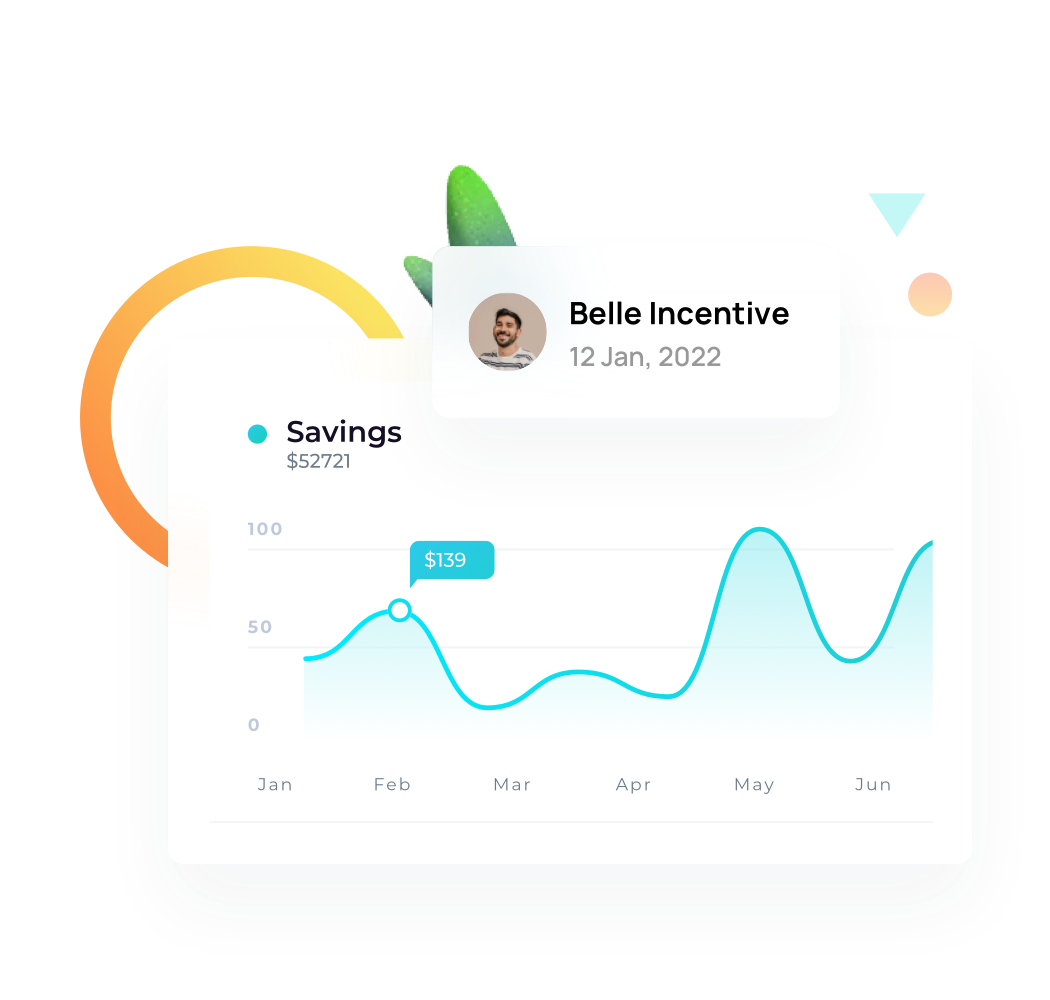
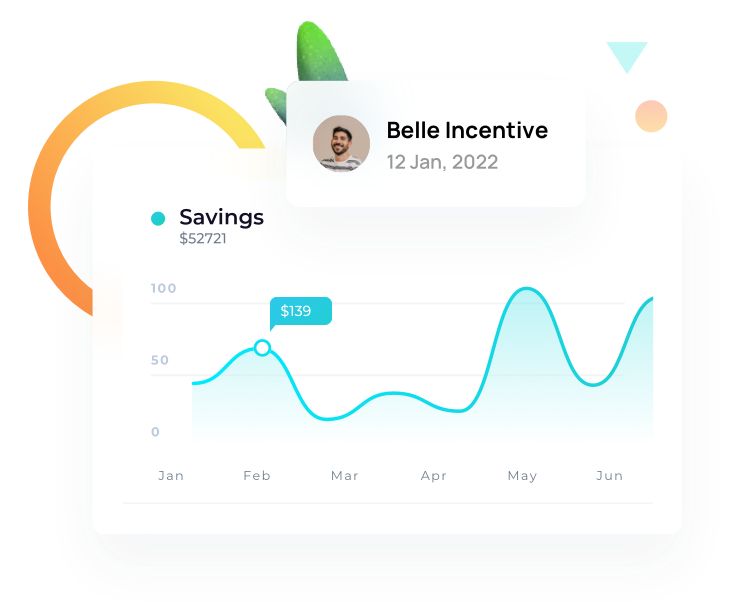
Internet of Things (IoT) & Smart Manufacturing
• In production environments, BI systems combined with IoT sensor data monitor real-time equipment status, production line efficiency, and product quality parameters, enabling lean manufacturing and failure prediction.
• BI systems intelligently analyze device data to predict maintenance needs, lowering downtime and repair expenses.
-
What core value does a BI system bring to my business?
A BI system delivers fundamental value by extracting valuable insights from vast amounts of data, enabling your organization to gain comprehensive operational visibility, accurately predict market trends, optimize decision-making processes, enhance business efficiency, reduce costs, and strengthen competitive advantage. It empowers you to tackle various business challenges through data-driven insights, improving your enterprise's intelligent management and profitability.
-
Can a BI system integrate data scattered across multiple systems in my company?
Yes, a BI system possesses robust data integration capabilities, allowing it to extract data from various sources like ERP, CRM, financial systems, and more. It breaks down data silos to create a unified view of your data, making it convenient for you to perform integrated analysis and decision-making within a single platform.
-
Does one need specialized IT knowledge to operate a BI system?
BI systems are designed with user-friendliness in mind and often feature intuitive interfaces and drag-and-drop report-building tools, which enable non-technical users to easily conduct basic data queries and report creation. However, for complex data modeling and advanced analytics, we provide professional training and technical support.
-
How does a BI system ensure data security and privacy?
Our BI system adheres to rigorous international security standards and employs cutting-edge encryption technology to protect data during transmission. Additionally, it supports user access controls, enabling you to set permissions based on roles and responsibilities to ensure sensitive data is only accessed and handled by authorized personnel.
-
Can a BI system be customized according to specific business requirements?
Absolutely. BI systems are highly customizable, and we can tailor them to your unique business scenarios and needs. We can develop bespoke data analysis models and visualization interfaces to satisfy your individual requirements.
-
How soon can I expect to see results after implementing a BI system?
The time it takes to see tangible outcomes varies depending on your specific implementation process and depth of application. Typically, once a project is initiated, you will quickly gain a clearer understanding of your current operational status through initial data ingestion and analysis. As you delve deeper into utilizing the system, you will gradually experience significant improvements in decision-making speed, quality, and overall business performance.
A professional BI system empowering your enterprise's intelligent upgrade.
Free consultation











 Login
Login


